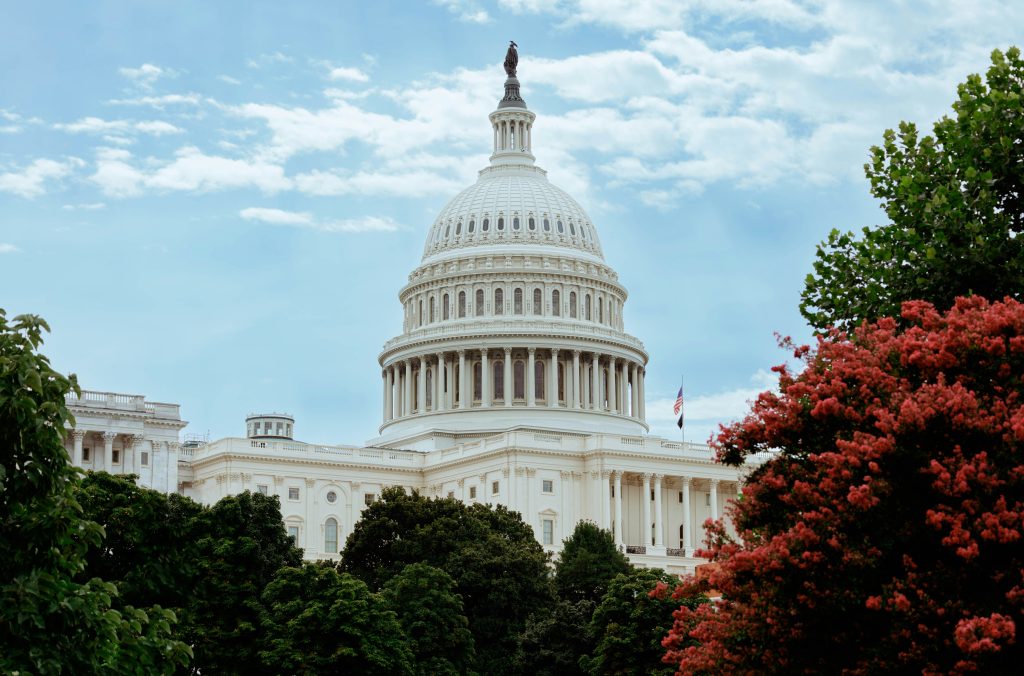Unveiling the Controversy: JD Vance’s Alleged Drag Photo Sparks Debate in Political Circles
In an unexpected twist that has captivated social media and political analysts alike, an alleged image of JD Vance, a key figure in the upcoming presidential election, has surfaced, purportedly showing him dressed in women's clothing and sporting a blonde wig. This image, which has gone viral, reportedly originates from his time at Yale Law School, raising questions and igniting discussions about authenticity and acceptance within the political landscape.
While some supporters have chosen to dismiss the photo as a mere Halloween costume, detractors argue that the incident highlights a deeper issue regarding Vance's stance on LGBTQ+ rights and his ability to engage with diverse communities. "If he was more open to learning from our community we could have helped with that wig," quipped one queer content creator on social media, emphasizing the potential for dialogue and understanding that could have arisen from this situation.
The Vance campaign has remained tight-lipped regarding the authenticity of the image, neither confirming nor denying its veracity. This silence has left many to speculate whether this incident could impact Vance's political prospects, especially as he was selected by former President Donald Trump to be his running mate in the forthcoming election.
As the political arena becomes increasingly polarized, the implications of Vance's alleged past choices are more than just a matter of personal history; they reflect the ongoing struggle within the Republican Party to reconcile traditional values with the evolving views of younger voters. The image has not only reignited debates about the acceptance of diverse identities within conservative circles but has also prompted discussions about the importance of transparency and authenticity in political representation.
Furthermore, the backlash and support surrounding this controversy underscore the critical need for political figures to engage sincerely with issues that resonate with their constituents. As Vance's campaign progresses, it remains to be seen how this incident will shape public perception and whether it will affect his standing as a candidate.
In a broader context, this incident may serve as a wake-up call for politicians across the spectrum, urging them to embrace a more inclusive and understanding approach to issues of identity and expression. With growing visibility and acceptance of LGBTQ+ individuals in society, political figures must navigate a landscape that increasingly values authenticity over antiquated norms.
As the election approaches, the focus will likely shift from this singular incident to the broader implications for Vance's political journey and the potential shifts in voter sentiment that could arise from such controversies. The discussions sparked by the photo of JD Vance in drag are not just about one man's past; they represent a larger conversation about the future of political engagement and the necessity for leaders to embody the values they advocate.
In conclusion, the alleged photo of JD Vance has opened a Pandora’s box of discussions surrounding identity, representation, and the evolving political climate. As voters become more discerning and vocal about their expectations from their representatives, it is clear that the political landscape will need to adapt to meet these demands. Whether this incident will ultimately hinder Vance's campaign or provide an opportunity for growth and dialogue remains to be seen, but it certainly sets the stage for a politically charged election season ahead.










